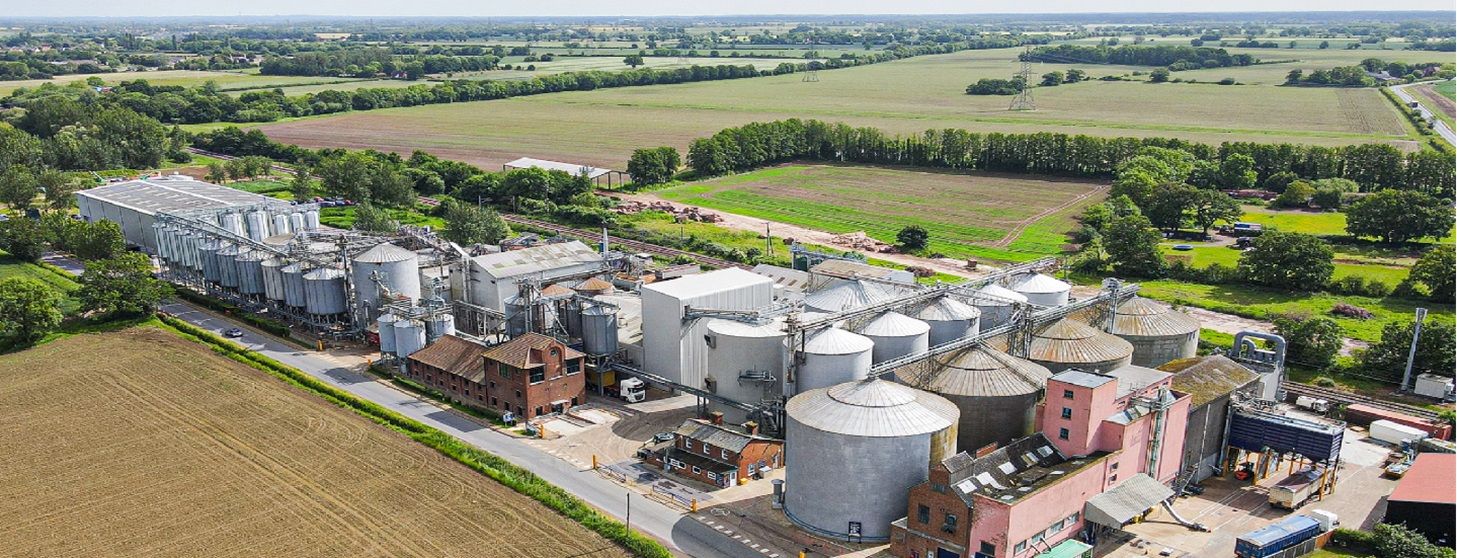

Simpsons Malt Ltd

Northumberland, United Kingdom
November 2021
Agricultural Processing
Agriculture/Growers
United Kingdom
Founded in 1862, Simpsons Malt is an independent, fifth-generation family-owned business. The company’s passion is a focus on making malts with taste, flavour and consistently high quality with the world’s best brewers and distillers in mind, helping them to craft the finest beers and whiskies. From grain to glass, the company’s malts are certified, sustainable and fully traceable, produced only from 100%, certified seeds of the finest UK two-row barley that have been procured by the company’s agricultural merchanting division, McCreath Simpson & Prentice (MSP), which has farming partners across England and Scotland. After more than 155 years in business, Simpsons Malt continues to invest in state-of-the-art equipment at its two UK malting sites in Berwick-upon-Tweed, Northumberland and Tivetshall St Margaret, Norfolk. This constant innovation and drive to improve processes ensures the consistent and sustainable production of malts with character.
Overall B Impact Score
Governance 16.2
Governance evaluates a company's overall mission, engagement around its social/environmental impact, ethics, and transparency. This section also evaluates the ability of a company to protect their mission and formally consider stakeholders in decision making through their corporate structure (e.g. benefit corporation) or corporate governing documents.
What is this? A company with an Impact Business Model is intentionally designed to create a specific positive outcome for one of its stakeholders - such as workers, community, environment, or customers.
Workers 23.0
Workers evaluates a company’s contributions to its employees’ financial security, health & safety, wellness, career development, and engagement & satisfaction. In addition, this section recognizes business models designed to benefit workers, such as companies that are at least 40% owned by non-executive employees and those that have workforce development programs to support individuals with barriers to employment.
Community 19.0
Community evaluates a company’s engagement with and impact on the communities in which it operates, hires from, and sources from. Topics include diversity, equity & inclusion, economic impact, civic engagement, charitable giving, and supply chain management. In addition, this section recognizes business models that are designed to address specific community-oriented problems, such as poverty alleviation through fair trade sourcing or distribution via microenterprises, producer cooperative models, locally focused economic development, and formal charitable giving commitments.
Environment 27.9
Environment evaluates a company’s overall environmental management practices as well as its impact on the air, climate, water, land, and biodiversity. This includes the direct impact of a company’s operations and, when applicable its supply chain and distribution channels. This section also recognizes companies with environmentally innovative production processes and those that sell products or services that have a positive environmental impact. Some examples might include products and services that create renewable energy, reduce consumption or waste, conserve land or wildlife, provide less toxic alternatives to the market, or educate people about environmental problems.
Customers 3.3
Customers evaluates a company’s stewardship of its customers through the quality of its products and services, ethical marketing, data privacy and security, and feedback channels. In addition, this section recognizes products or services that are designed to address a particular social problem for or through its customers, such as health or educational products, arts & media products, serving underserved customers/clients, and services that improve the social impact of other businesses or organizations.